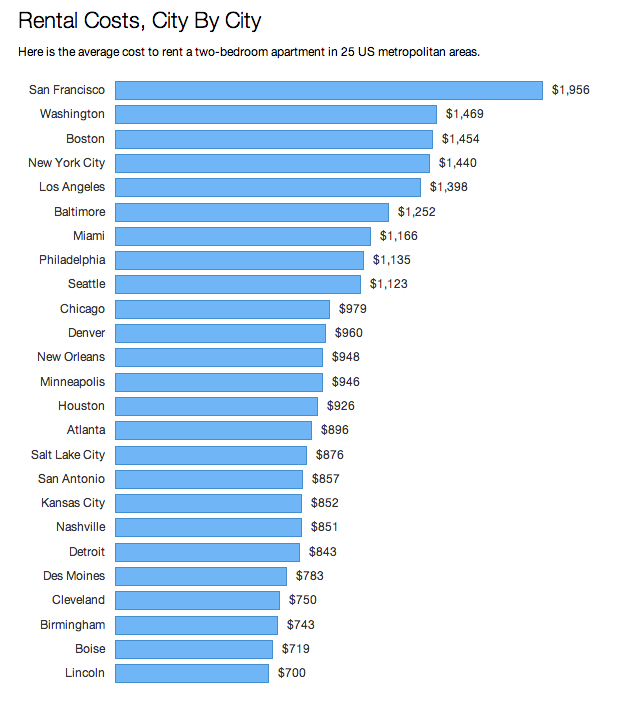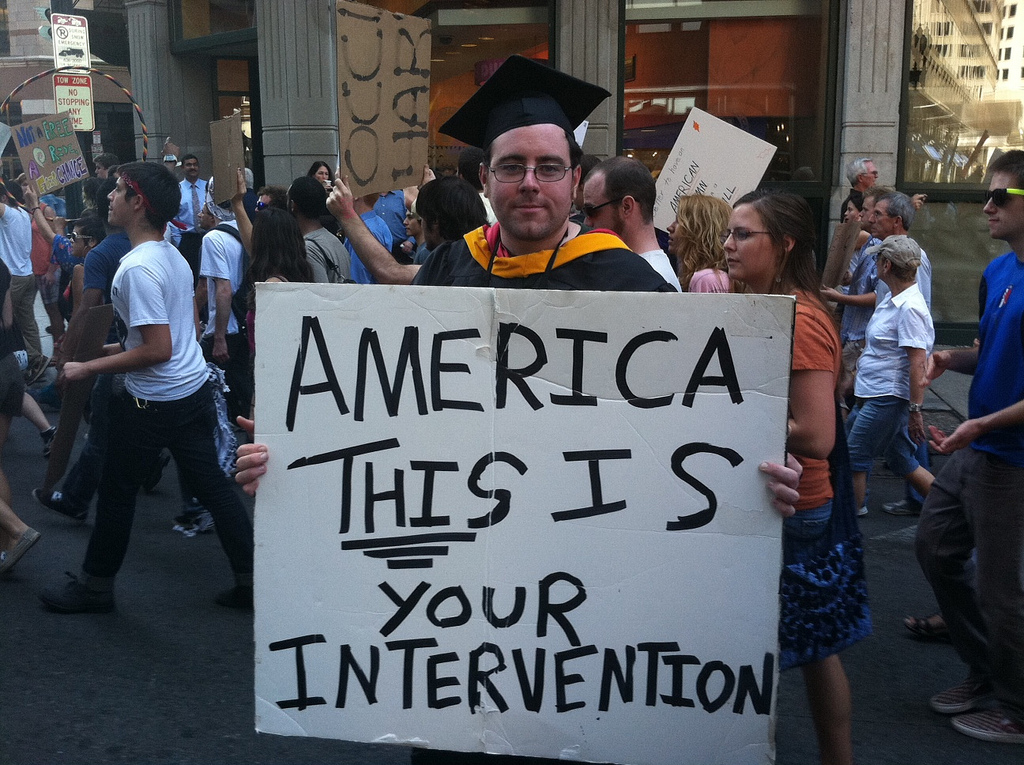With the national student debt topping $1 trillion, more students than ever are defaulting on their student loans.
The average student loan default rate is currently at 9.1%–that’s almost 1 in 10 borrowers.
If you have high student debt, you may be thinking, what’s the worst that can happen if you don’t pay it back?
A lot of terrible things, actually. From a severely low credit score to having your wages garnished, the consequences of defaulting on your student loans are dire.
With the average student debt load rising for college graduates, it’s not surprising that many parents feel obligated to help pay their kids’ student loans to prevent them from falling behind.
According to a survey of 5,000 Americans released Thursday by Citizens Financial Group, as reported by MarketWatch, 94% of parents of college students ages 18 to 24 say they think their personal burden for their kids’ college student loan debt is increasing.

When many college students graduate, they’re tempted by the thought of moving to a big, exciting city.
Indeed, cities like New York and San Francisco provide many opportunities for work and play, so it’s unsurprising that they tend to attract hungry, eager young adults. But they’re also some of the most expensive cities in which to rent an apartment.
Many financial experts say you shouldn’t spend more than 30 percent of your income on housing, but for most graduates living in big cities, rent is their biggest expense. That’s why they often struggle to make other payments, like student loans.
Student debt remains an enormous societal and economic problem, with the average college graduate leaving school with $29,400 in loans, according to College Access and Success. It would be one thing if these graduates were entering an economy with many high-paying jobs available, but that simply isn’t the case, Charles Stevens writes in a fantastic […]
Many of the nation’s top universities, such as Harvard, Stanford and Duke, are lauded for having need-blind admissions policies, meaning they don’t take into account a student’s ability to pay for college when making admissions decisions. These schools say the policy a way to make sure the best students are accepted because of their merit, […]
It’s an age-old question that’s been debated by philosophers from Socrates to The Notorious B.I.G.: Does mo’ money equal mo’ problems? It just might, if that money is being taken out to pay for college. Graduates with student debt are less happy Many students and families think that attending a prestigious, well-known college is the […]
What’s keeping millennials up at night? It’s not just Netflix–it’s student debt.
NPR’s Morning Edition recently asked young adults, members of the millennial generation, what their biggest concerns were.
The results were telling: almost two-thirds responded that college debt was their biggest worry.
Good news (finally!) for young college graduates.
According to a survey released on April 16, employers said they plan to increase the number of college graduates they hire this year by nearly 9 percent.

Hechinger Report recently published a great opinion piece from Karen Gross on the ‘flawed conversation’ regarding the cost of higher education. She says that too much public focus is placed on the hard costs of college, and not enough on the repercussions of taking out student debt and alternative repayment options for students. We couldn’t agree more with her claims. […]
One of the knocks against community colleges has been that students who complete two-year degrees are less likely to continue on and complete their bachelor’s degree than their peers at four-year colleges. This was confirmed back in 2009, when Bridget Terry Long and Michal Kurlaender found that students who initially began at community colleges were 14.5% less likely […]